A new app, created by a Memphian, launches soon and will help gym goers (and those who maybe find the gym a daunting space) find workout pals.
Let’s Gym was created (and its company was founded) by Belal Kamara who discovered how hard it can be to find workout partners after he moved to Denver for a time. He beta-tested the app in different cities, gathered user feedback, and is now readying for a public launch in Memphis.
We caught up with Kamara to hear more about Let’s Gym. — Toby Sells
Memphis Flyer: So, you’re from Memphis?
Balal Kamara: Yes, I grew up here. I left in 2019 to go Denver. I moved back this past year.
How did you get started developing Let’s Gym?
I graduated from the University of Memphis in 2019 with a degree in management information systems. I worked Downtown at Regional One Health in the IT department. I moved to Denver because the tech scene there was kind of booming. I wanted to grow that skill set that I had.
That explains the tech side of the app. What about the gym side?
Me, working out with my friends, was the reason I was in the gym, actually in there for like and hour and a half to two hours. Me, working out by myself, I was like, “Yeah, let me just get this done under 45 minutes. So [working out with friends] was a big component that I missed just leaving Memphis.
About a year and a half ago, I thought that I could not be the only one having this problem. So I put out a little tester in Denver to see if other people are having the same issue. I ran a $20 ad on Instagram and asked if anyone in Denver was looking for someone to work out with.
After a week, we had over 300 people to sign up just because all I did was create a sign-up form. It was a lot more people than I originally thought.
Coming from a technical background, I just started coding the app. I coded a super-basic version of the app, launched it in Denver, and got some pretty good feedback. I closed down the beta and created a new app pretty much from scratch just based on the feedback I gathered.
I knew what people liked and didn’t like, developed it again, and launched it on iOS and Android, originally. So it was a lot easier for people to download it, get notifications, and things of that nature.
We were doing a city-to-city launch at the time. We launched in Denver, Chicago, and San Francisco near the end of the beta period. We had a pretty good amount of users in each city at the end of the beta. That period was about a year in those three cities.
After that, I gathered all the feedback and closed the app. I redeveloped the app based on that … and we were ready for a full-on launch.
So, what’s the next step?
I’m back in Memphis, where I grew up. I feel like Memphis could be the perfect opportunity for this to be the launching point. We’re trying to wrap it up and launch by the end of the month.
What did your users tell you about the app in the beta tests?
The first app I built was kind of like a dating app clone — swipe left and swipe right to match with gym partners. The feeling was that it was too much of a dating-app-type vibe.
We re-did it in a way where you change your filter and decide, maybe, I want someone who is strength-centric, or more of an intermediate-level workout partner, or someone who works out in the morning, like I do.
Once, they select that, it shows them everyone who matches their filter within a, say, 15-mile radius. Then, they’re able to quickly just chat with them and get something scheduled, instead of “swipe left, swipe right” and matching and all the jazz.
What about good feedback? Did your app help people?
I started the app originally for people who wanted to find someone to work out with, maybe, who need that extra push. When I was speaking to a lot of users, they said, “We’re first-time people at the gym” and they were matching with someone who already goes to the gym.
They said, “When I actually had the courage to go the gym, I didn’t really know how to do it. I was under the bar but didn’t know if my form was right. I didn’t know if 10 sets was too much.”
So they’d match with someone who could teach them a lot on, like, how to benchpress correctly or squat correctly. And now they’re not afraid to go the gym because [they have] someone to work out with and realize it’s not as daunting as it seems.
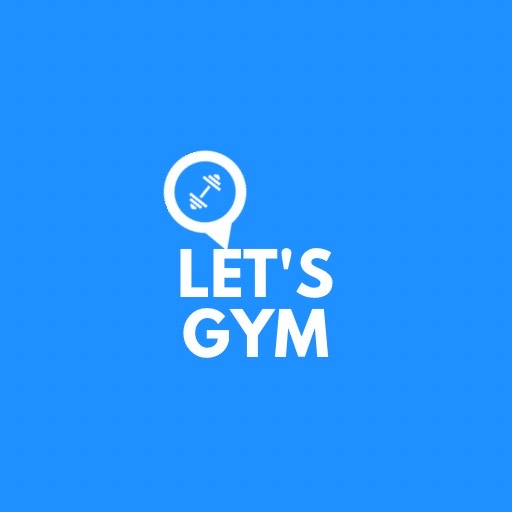
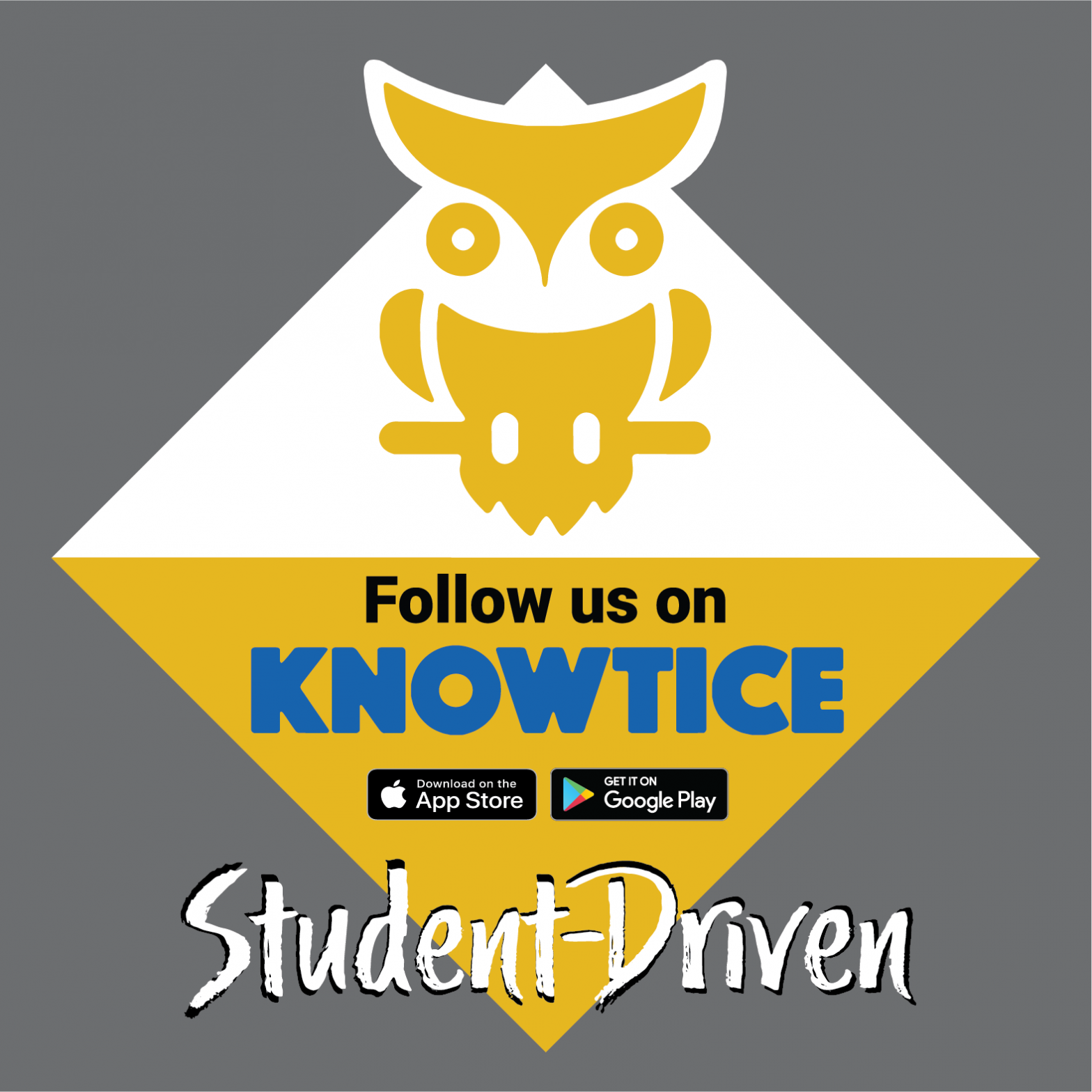

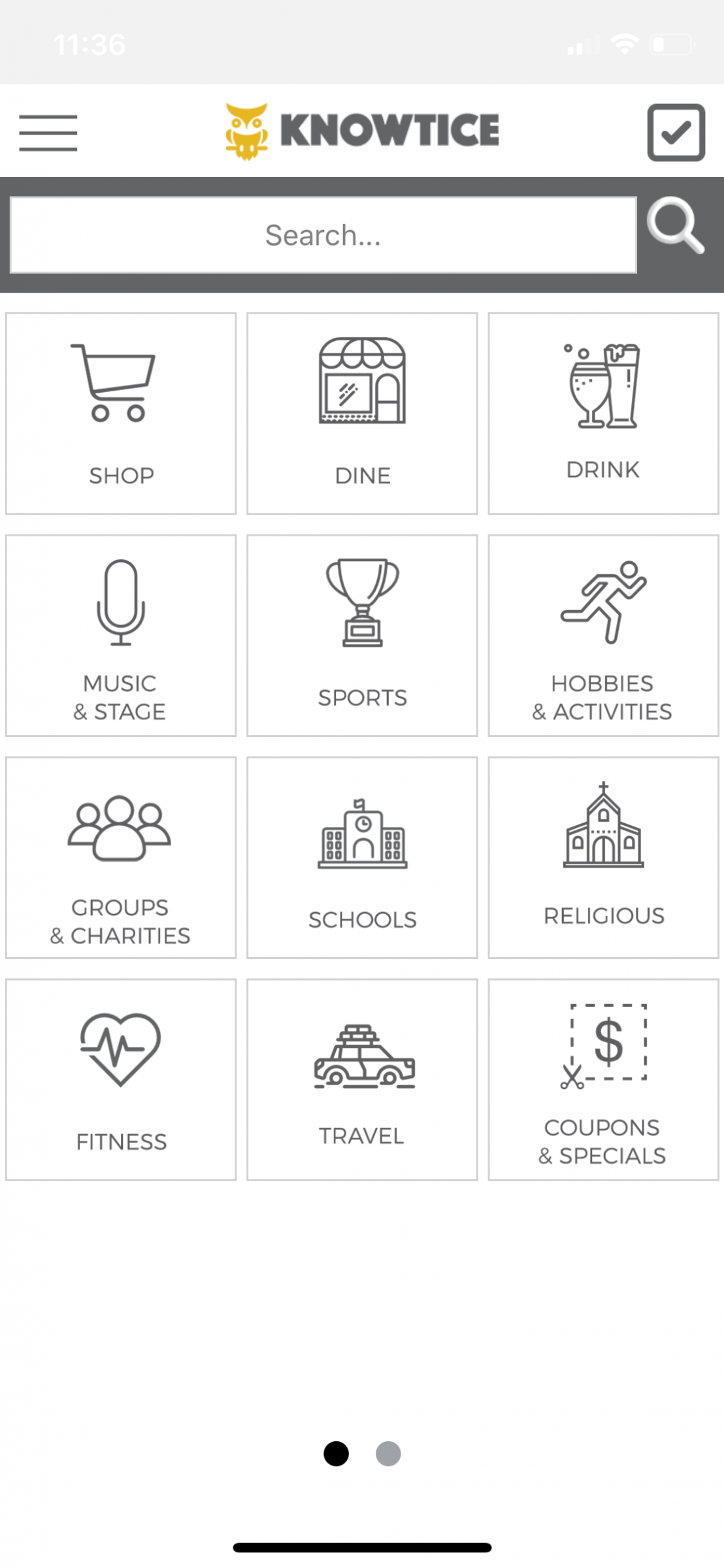
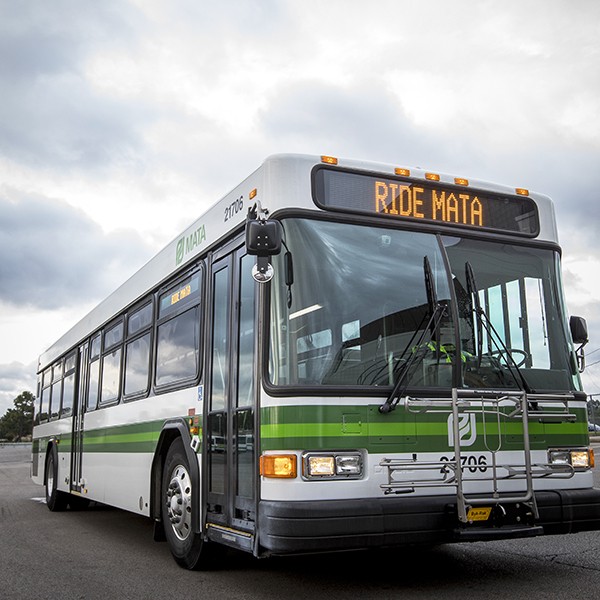 Justin Fox Burks
Justin Fox Burks 
 University of Memphis
University of Memphis 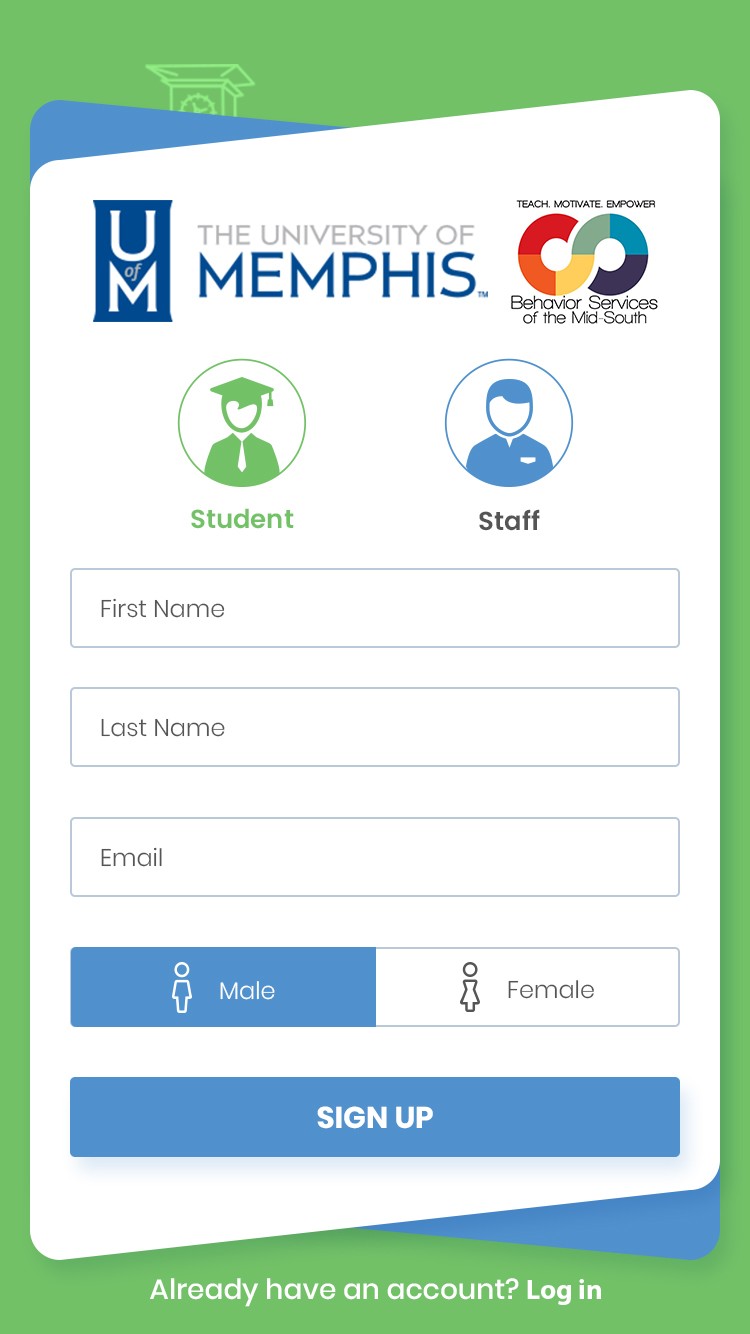 Green Living
Green Living